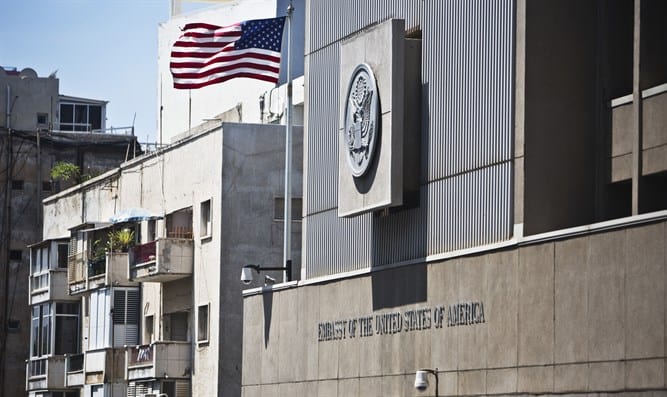THE United States has lifted visa restrictions on Ghana, restoring the maximum validity periods for nonimmigrant visas after months of diplomatic negotiations, while similar restrictions for Nigerian citizens remain firmly in place.
In a statement posted on Saturday sighted by News Point Nigeria, the U.S. Embassy in Accra announced that Ghanaians are now eligible for longer visa durations. The B1/B2 visitor visa has been restored to a five-year multiple-entry status, while the F1 student visa now carries a four-year multiple-entry validity.
“The U.S. Embassy is pleased to announce that the maximum validity periods for all categories of nonimmigrant visas for Ghanaians have been restored to their previous lengths,” the statement read.
Ghana’s Foreign Minister, Samuel Ablakwa, confirmed the development in a tweet, describing it as the outcome of “months of high-level diplomatic engagement.”
He revealed that the breakthrough was communicated to him directly by U.S. Under Secretary of State for Political Affairs, Allison Hooker, during a bilateral meeting at the UN General Assembly in New York.
“The U.S. visa restriction imposed on Ghana has been reversed. Ghanaians can now be eligible for five-year multiple-entry visas and other enhanced consular privileges,” Ablakwa said.
The policy shift reverses restrictions first imposed during the Trump administration, which had reduced most visas for Ghanaian citizens to single-entry permits with just a three-month validity.
While Ghanaians celebrate the reversal, Nigerians continue to face strict U.S. visa restrictions. In July, the U.S. Consulate in Lagos announced that most nonimmigrant and non-diplomatic visas for Nigerian citizens would remain single-entry visas with a three-month validity period.
The Consulate explained that visa reciprocity policies are reviewed continuously and could change depending on diplomatic negotiations and bilateral agreements.
Diplomatic sources indicate that the U.S. pushed African countries, including Nigeria and Ghana, to accept deported migrants, including Venezuelan detainees.
Ghana eventually agreed to accept deported West African nationals, with President John Mahama confirming that the country had begun implementing the deal.
“Nigerians, however, resisted. Foreign Minister Yusuf Tuggar dismissed the request outright, stating that Nigeria would not become a ‘dumping ground’ for deportees.
“We have enough problems of our own; we cannot accept Venezuelan deportees into Nigeria. We already have 230 million people,” Tuggar said in a televised interview.
The contrast between Ghana’s restored visa privileges and Nigeria’s continued restrictions underscores the complex interplay between diplomacy, migration policy, and international relations.
For now, while Ghanaian travelers benefit from extended visa opportunities, Nigerian applicants remain confined to a stricter framework that limits access to long-term U.S. travel and study options.







